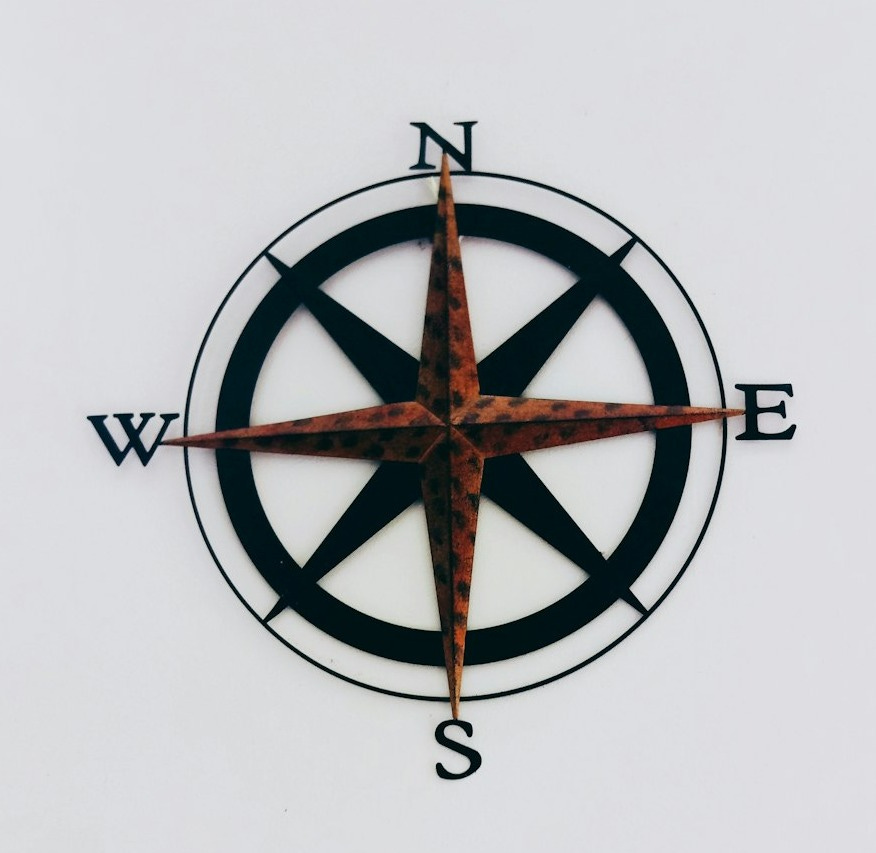Principles
Or, How I navigate the world

Since I last wrote to you, a lot has happened in my everyday life. I was actually going to write about lessons I’ve learnt from this time of upheaval, but I think the whole thing is still too fresh to fashion a newsletter from, so I’ll let it marinate. However, one of the side effects of the changes is that I now have to think up new outfits every day rather than my usual uniform of t-shirts and jeans, and it is pissing me off! 😠
When my mental health got really bad a few years ago, one of the things that helped me stay sane was reducing decision fatigue. Everyday decisions like what to eat and what to wear were wearing away at what little energy I had to do important things like work or study. At the time, I remembered hearing an anecdote that Obama apparently only wore the same colours of shirts and ties so he didn’t expend energy on deciding what to wear every day. I don’t know if this is actually true, but it was an idea that proved quite literally lifesaving for me. I whistled down my wardrobe to the bare essentials and made a Pinterest board to guide any future purchases. I’ve not adhered to the board as strictly as I’d have liked, but it has definitely been of great help to me.
Beyond helping my mental health, though, I realised in time that this had become a principle of my behaviour and how I interacted with the world, or if not a principle in itself, a corollary of one. The things you value have the power to dictate how you live your life, and I realised I valued having the ability to attend to things because I had preserved my focus and decision-making ability for when it truly counted, which brings me to perhaps my Northstar - Minding the things which are my business to mind. I’ve touched on this in a previous newsletter with the story of the psychiatrist who kindly reminded me that I’m not the saviour of the world. However, that mostly relates to not taking on responsibility for things beyond my control. For even the things within my control, if it doesn’t concern me, I’m not giving my energy to them.
I know this probably sounds self-centred, but in a bit of a roundabout way, I think it has actually made me a kinder and more selfless person. One instance of this is that I’m no longer as opinionated as I once was. I’ve chosen not to form opinions on most things, or to phrase that more colloquially, I simply don’t care. Not because I couldn’t care, but because I do not: It’s a deliberate act of will. As a result of not caring, I’m usually able to dispassionately evaluate issues and situations on their own merits and make decisions without the baggage of feeling any particular way about them. As my emotions run deep and can be somewhat unstable, not having them jarred or roused by every little thing has done wonders for my equanimity and stability. This also means that when I do choose to concern myself with something or someone, I can show up for it/them as fully as possible. I believe this helps me be a better friend and person in general.
So this is the principal principle that helps me navigate the world. In a modern age where we are inundated with information, news and stories about all sorts of matters, big and small, near and far, I believe it’s important to know what you ought to concern yourself with. If you don’t have anything constructive to add to a conversation, if you have no skin in the game, if something neither impacts you nor you impact it, it might be wise to take a step back from the matter and see if you actually need to involve yourself with it. The flip side of course is that when it does concern you, you must exercise your full agency and take action. To borrow an expression, you must put your money where your mouth is; just remember that your mouth can’t be everywhere.
I think that will be all for today (mostly because the rest of my principles are works in progress, so I don’t have as much to say about them).
Until next time, Peace and Moral Compasses.

